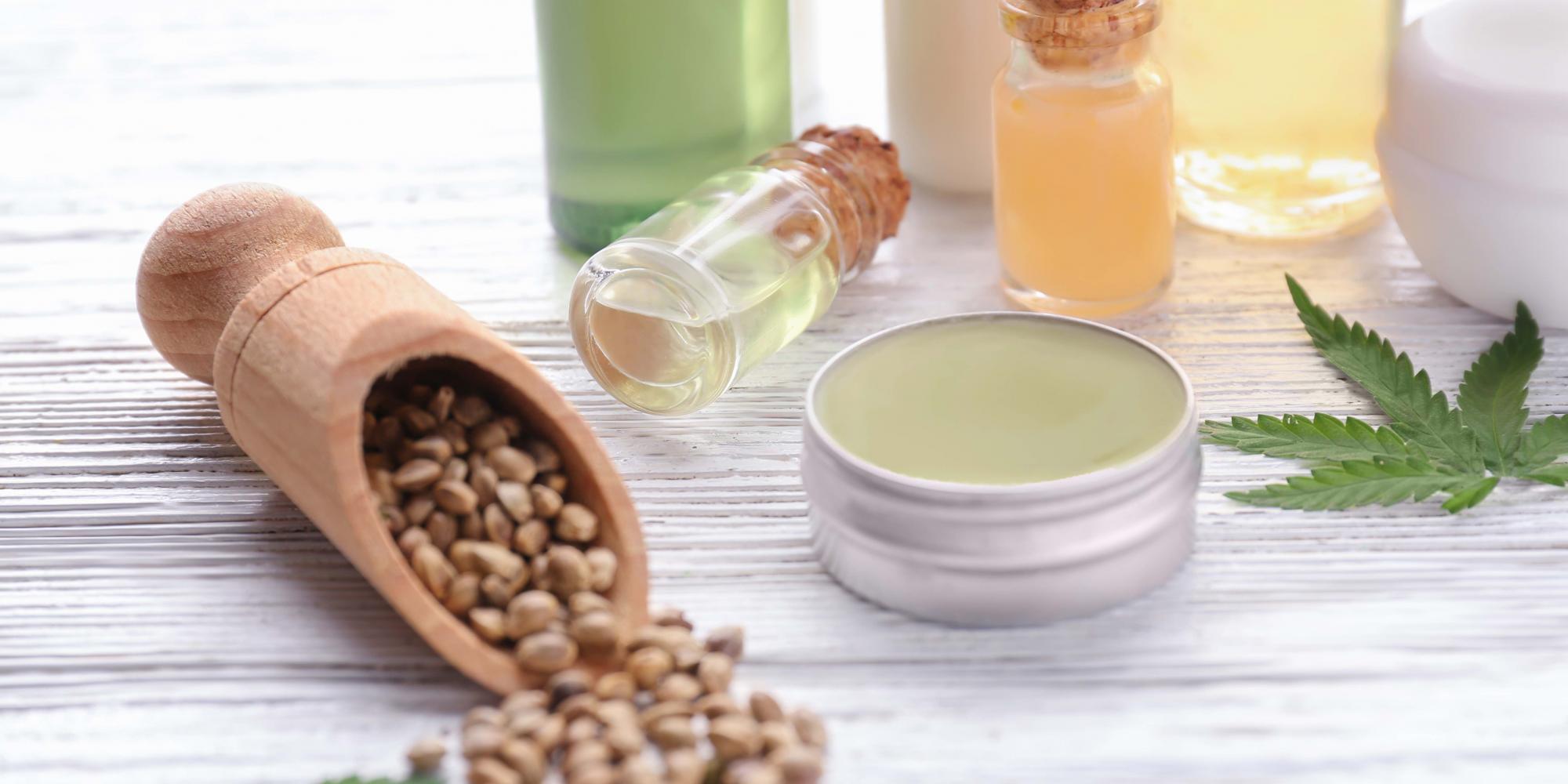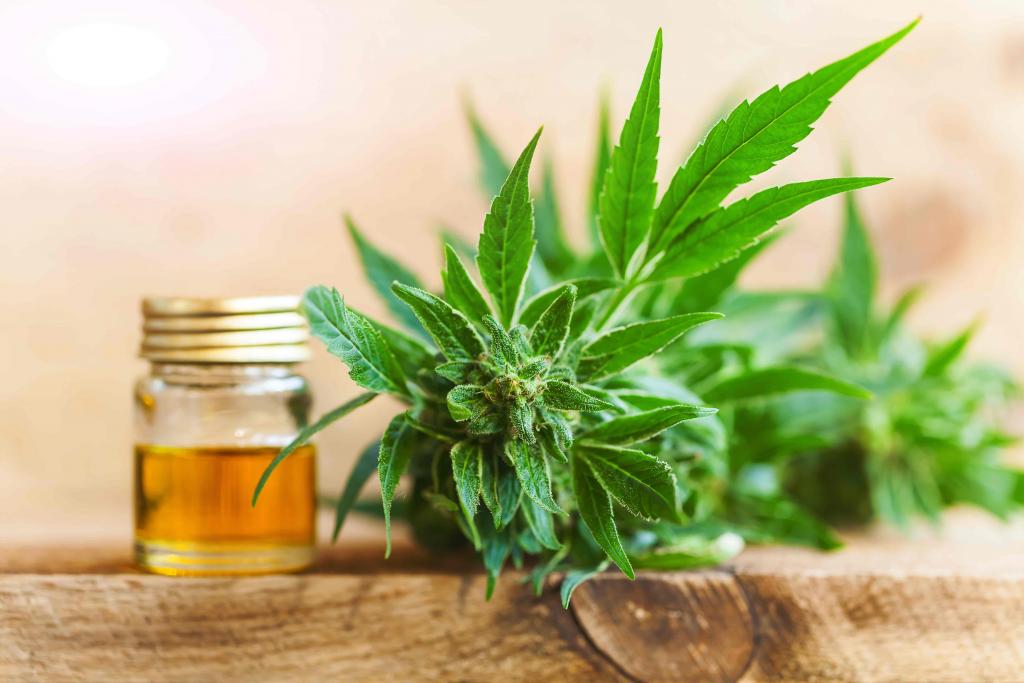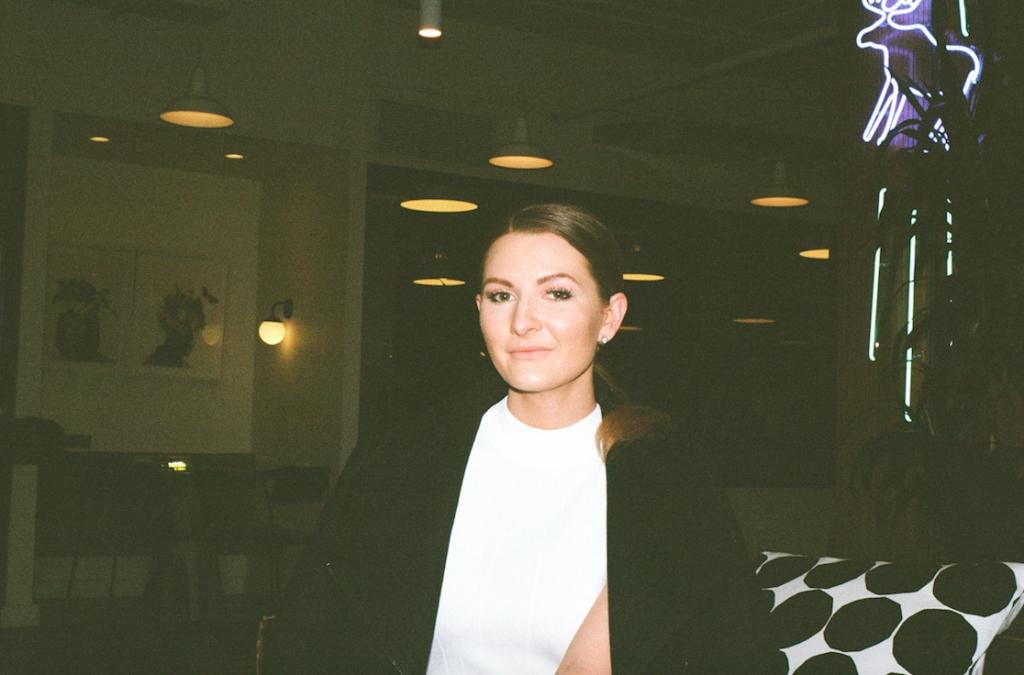
Marijuana Is Legal In Canada. What Does That Mean For Beauty?
Canada legalized marijuana for recreational use on Wednesday, creating the world’s largest weed marketplace and setting off speculation over how various industries, including beauty, will capitalize on the great green rush happening in United States’ neighbor to the north.
The legalization is being handled cautiously by national, territorial and provincial governments in the country, where private, public and hybrid private-public dispensaries are allowed to sell marijuana to customers at least 18- or 19-years-old, depending on local rules. Dispensaries are permitted to make products with cannabidiol or CBD, a non-psychoactive constituent of cannabis popular in skincare and pain treatments, available for purchase in limited amounts, but CBD products can’t be sold by traditional beauty or wellness shopping destinations.
“It doesn’t really affect us in the beauty space in terms of what we can and cannot do today, but it’s moving us in the right direction,” says Brandi Leifso, CEO and founder of Evio Beauty Group, a Toronto beauty company planning to release three hemp skincare products in the spring. “The biggest impact I think with the legalization is that the stigma will be broken down. There’s going to be a lot more conversations about cannabis, and understanding based on science and logic. There’s a lot to celebrate.”
For customers not inclined to try tetrahydrocannabinol or THC, the compound in cannabis generating the high, CBD is an alternative delivering benefits that appeal to a wide audience. A growing body of study backs up CBD’s capacity to relieve chronic pain, post-traumatic stress disorder, anxiety and skincare concerns such as acne. Brightfield Group estimates sales in the North American hemp CBD segment will surge to $22 billion by 2020. Hemp is a member of the cannabis family that has minimal THC, and CBD is extracted from both hemp and marijuana flowers.

“CBD is going to be huge,” says Annaliese Kibler, regulatory affairs manager for Aurora Cannabis Inc., a leading licensed cannabis producer headquartered in Edmonton, indicating Canadian officials decriminalized cannabis under strict conditions that are expected to be reevaluated. “Health Canada, [a government department that’s the Canadian equivalent of the U.S. Food and Drug Administration,] originally considered classifying CBD as a natural health product, so there is opportunity over the next few years for that to occur. If that were to occur, then, you would be able to find it in a wellness or grocery store.” Retailers seem to believe the scope of CBD product selling will broaden as even Walmart Canada is exploring CBD.
In a blog post, Sara Dudley, executive director at The Sunscreen Company, an Ottawa-based sun-protection specialist that doesn’t have cannabis beauty merchandise in the works, envisions several possibilities for impending CBD topical product oversight or lack thereof. CBD topicals could be deemed over-the-counter products to provide for a level of quality assurance and oversight, albeit less than the current model, or cosmetics with scant oversight below certain CBD concentrations. At the moment, though, Dudley emphasizes, “Health Canada has not implemented any framework for approving cosmetics that contain CBD, and it’s unclear to pretty much everyone if and when they will.”
While the cosmetics sector hasn’t been opened up to CBD or, for that matter, THC products yet, the cannabis legalization apparatus augmented the range of CBD and THC products permissible at dispensaries. Highlighting Aurura’s launch of CBD cartridges for vape pens, Kibler shares CBD and THC products administrated orally, rectally or vaginally are acceptable, meaning remedies for menstrual cramps and genital inflammation are accessible. She says, “What I am really looking forward to is next October, when we see edibles and concentrates become legal in the country. Those are more commonly what people are going to over time be more interested in and more innovation will happen.”
“It doesn’t really affect us in the beauty space in terms of what we can and cannot do today, but it’s moving us in the right direction. The biggest impact I think with the legalization is that the stigma will be broken down. There’s going to be a lot more conversations about cannabis, and understanding based on science and logic. There’s a lot to celebrate.”
Dudley and Kibler mention cannabis-related research is mounting, potentially leading to a proliferation of applications of cannabis, and products topical or otherwise containing cannabis ingredients. Kibler predicts the result will be increased clinical data on the healing properties of cannabis compounds. In addition, she foresees greater analysis of cannabis ingredients besides THC and CBD, notably terpenes, a non-psychoactive compound giving cannabis its distinctive smell and taste.
Leifso is excited to harness hemp in unusual and unusual ways for beauty consumers. She reveals, for example, Evio will employ it in packaging to reduce plastic waste. “It’s not just in liquid formulas. Our focus at Evio in general is to create a more conscious future. We weren’t going to enter cannabis without that being our driving mission,” says Leifso. Evio struck a partnership earlier this year with Aurora to develop lines of hemp seed oil and CBD cosmetics products.
Dudley isn’t optimistic many small companies will play large roles in cannabis research. She details Health Canada authorizes cannabis studies and figures it’s unlikely small startups will undertake the steps required to gain authorization. Dudley writes, “As more data emerges from larger corporations, and as regulations are more firmly set, then it makes sense smaller entities will start to offer products in a legal setting.”

Big or small, Leifo suggests a plus of hemp for brands in the green beauty category is that they can trace the ingredient from seed to shelf. “A really cool thing about cannabis being so regulated is that I can tell you every detail of the ingredient I’m putting into your beauty products when I use it,” she says. “I can’t do that with lavender, for example. I could tell the customer where the lavender was grown, but I wouldn’t be able to tell you without a doubt that it’s ethically-grown and the facilities behind it is following strict rules and regulations because other crops aren’t regulated as carefully. Cannabis allows us tremendous transparency. It’s a whole new standard of transparency, which the rest of the green beauty world can learn a lot from.”
Due to the stiff regulatory environment, it will be difficult for American brands to cash in on the cannabis boom in Canada, a country with a population of roughly 37 million. Only operators licensed by the Canadian government can grow or sell cannabis. Currently, there are about 130 licensed cannabis producers. The producers can export cannabis beyond Canadian borders to jurisdictions that have legalized it.
“If you wanted to make a CBD topical cream or anything like that, it would have to go through a licensed producer. [An American company] would not be allowed to sell their products in this country,” explains Kibler. “Things might change in the coming years. I think that Canada has made conservative legislation out of the gate and, then, they could loosen it up as time progresses and as we learn more about how this industry impacts the country as a whole.”
TAKEAWAYS
- On Wednesday, recreational marijuana use became legal across Canada, making it the largest country to permit weed. However, sales of marijuana and products with ingredients from it as well as the hemp plant such as CBD are limited to dispensaries and customers at least 18-years-old or 19-years-old.
- CBD cosmetics products aren’t allowed to be sold in beauty or wellness shops in Canada. Cannabis producers and beauty brands conjecture the regulatory environment could shift, perhaps permitting CBD topical items to proliferate in years to come outside of dispensaries.
- With recreational use legal, money is pouring into cannabis research in Canada. The research could fuel discoveries of more applications for cannabis ingredients, topical or otherwise. In the immediate future, it’s debatable how much small companies will take part in the research or the extent to which they will benefit.
- It’s difficult for American companies to cash in on the Canadian cannabis boom. In Canada, only operators licensed by the Canadian government can grow cannabis or sell cannabis products.





Leave a Reply
You must be logged in to post a comment.